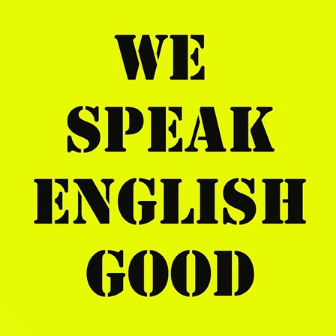Sharon Osbourne Hints at Ozzfest Revival
Ozzfest, which has been dormant since 2018, might be revived, according to Sharon Osbourne. She hinted at a potential resurgence on a recent episode of The Osbournes Podcast.
In the episode, Ozzy Osbourne queried his wife Sharon about the festival’s future. He asked, “Not just one [at] the fucking Forum, but a whole Ozzfest?” Sharon responded affirmatively, “Yeah, sure,” she said. “Of course.”
Kelly Osbourne then raised a concern, “But it always comes down to: Are the bands and managers going to be realistic though?”
Sharon acknowledged the benefit of spin-offs and alternative festivals for fans, agreeing with Kelly’s point. She questioned, “Why is it when it comes to us that everybody thinks that we are trillionaires and so that every manager who wants their band on our festival wants one of the fucking trillions they think we’ve got to put on the festival?”
The family reminisced about the early versions of Ozzfest, which featured bands like Pantera, Sepultura, and Soulfly. They emphasized the importance of promoting emerging artists. “It’s always great to have the baby stage,” Sharon stated. “That’s what it’s all about: breaking new bands. That’s why we did it.”
Jack observed that many of the new metal festivals are “basically just Ozzfest.” Sharon concurred, “It’s the same bands just going around and around and around and around,” she said. “But that’s what’s so good, because we started something, people have taken it, and it’s still great for the genre." The latest Ozzfest took place in 2018 at the Forum in Los Angeles, featuring artists like Rob Zombie, Jonathan Davis, Marilyn Manson, and Ozzy Osbourne.
Recently, Ozzy confessed that he might never be able to perform live again due to his ongoing health issues, including a recent spinal surgery that revealed a tumor. In July, he withdrew from his headline slot at the forthcoming Power Trip festival, where he was set to share the stage with Metallica, AC/DC, and Guns N’ Roses. He managed to perform live twice in 2022, once in Birmingham, England, and once in Los Angeles, but each performance was brief and he had a stand for support if needed. “I’m taking it one day at a time, and if I can perform again, I will,” he told Rolling Stone UK in November. “But it’s been like saying farewell to the best relationship of my life. At the start of my illness, when I stopped touring, I was really pissed off with myself, the doctors, and the world. But as time has gone on, I’ve just gone, ‘Well, maybe I’ve just got to accept that fact.’”
He added, “I’m not going to get up there and do a half-hearted Ozzy looking for sympathy. What’s the fucking point in that? I’m not going up there in a fucking wheelchair. I’ve seen Phil Collins perform recently, and he’s got virtually the same problems as me. He gets up there in a wheelchair! But I couldn’t do that.”
Check out the Episode:







